Regeneration and Renewal
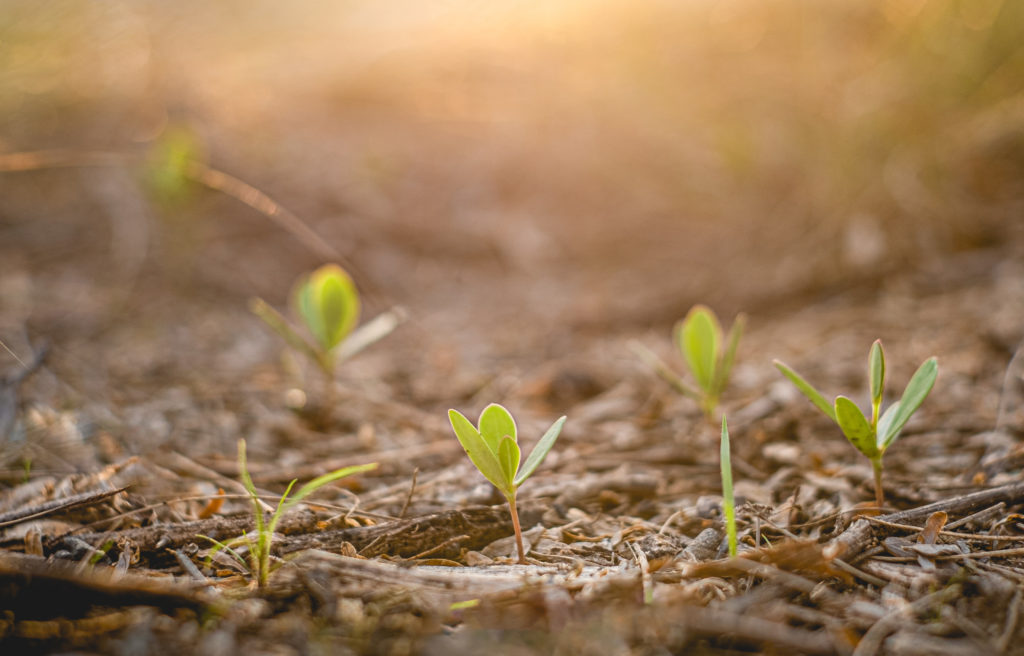
A mentor of mine often shares a simple yet humbling notion: “An organized lie is more powerful than a disorganized truth.” It’s in that spirit that I invite you to join us in reflecting on a couple of questions: First, what does ‘regenerative’ mean to you? And what would a regenerative food system look like? This […]
Onward, and Upward: A Victory for Local Farm Ownership

We’re excited to announce that Agrarian Trust is growing! I hope you’ll take a look at these new roles on our team and consider sharing with your colleagues and networks. We’ve reached a pivotal moment in our work and can’t wait to welcome four new members to the team.
We’re hiring! Grow the commons with us 🥕
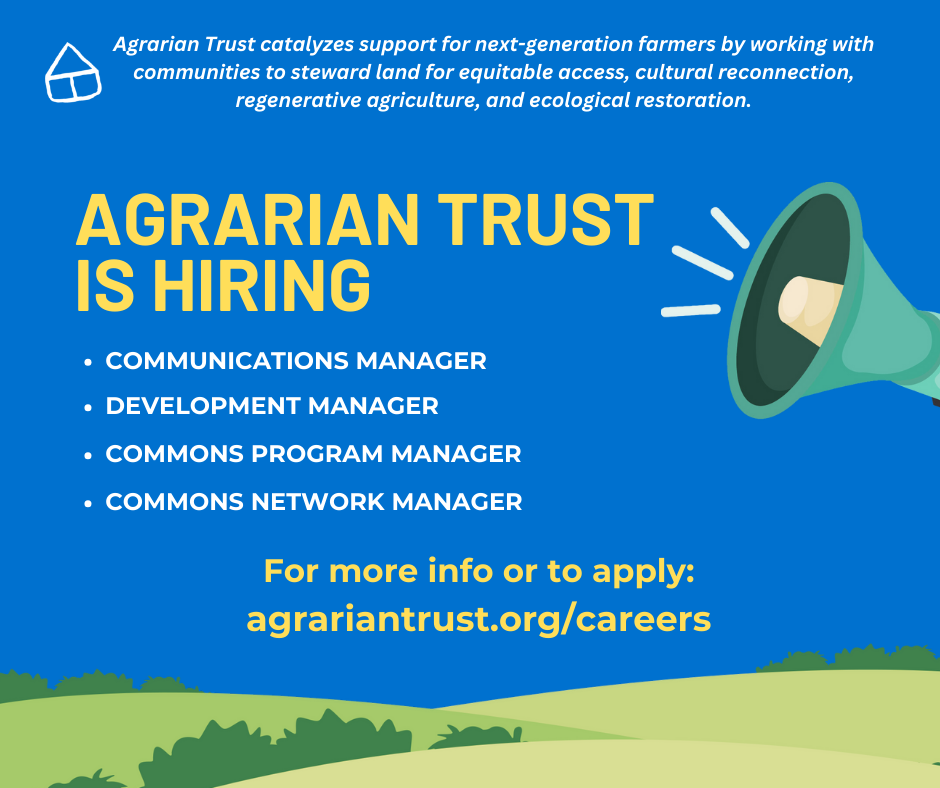
We’re excited to announce that Agrarian Trust is growing! I hope you’ll take a look at these new roles on our team and consider sharing with your colleagues and networks. We’ve reached a pivotal moment in our work and can’t wait to welcome four new members to the team.
Request for Proposals: Agrarian Trust Seeks Grant Writer to Support and Collaborate with the Commons, Apply by 9/30/2024
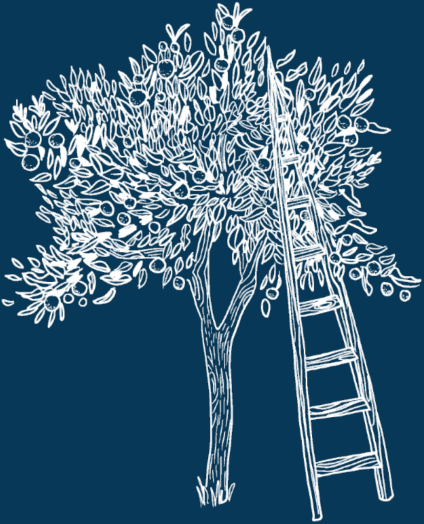
We’re excited to announce that Agrarian Trust is growing! I hope you’ll take a look at these new roles on our team and consider sharing with your colleagues and networks. We’ve reached a pivotal moment in our work and can’t wait to welcome four new members to the team.
Request for Proposals: Agrarian Trust Seeks Web Designer for Site Redesign, Apply by 9/30/2024

We’re excited to announce that Agrarian Trust is growing! I hope you’ll take a look at these new roles on our team and consider sharing with your colleagues and networks. We’ve reached a pivotal moment in our work and can’t wait to welcome four new members to the team.
Food Sovereignty & Regenerative Agriculture at COP 27

A growing body of evidence, including a report by the Intergovernmental Panel on Climate Change, supports Regenerate International’s claim. Regenerative agriculture practices, many of which are used by Agrarian Commons farmers, have the potential to remove carbon from the atmosphere and greatly mitigate the effects of climate change.
Butz’s Law of Economics

In 1977, two of the most influential figures in the history of American agriculture met at Manchester College in North Manchester, Indiana, to debate two widely differing visions of farming, culture, and the future of American farmland. Wendell Berry, the renowned poet, farmer, and writer defined the difference between himself and his rival, Earl Butz—the Secretary of Agriculture (1971 to 1976) widely credited with setting in motion the rapid consolidation of farmland in the United States—in simple terms. “We may never meet,” said Berry, “because he’s arguing from quantities while I’m arguing from values.” Where Berry saw the widespread loss of community, rural values, and care for the land, Butz saw an opportunity for increased profits.
The Ogallala Aquifer, Water Depletion, and the Promise of the Commons
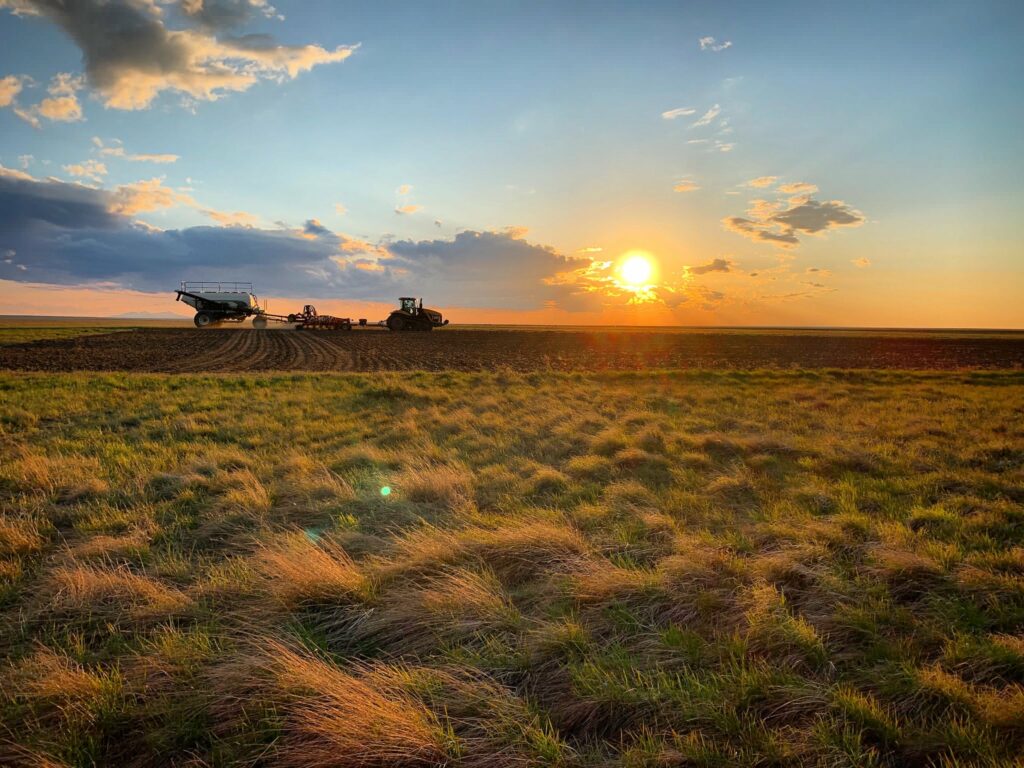
In California and the Midwest, extended droughts have already caused farmers to draw heavily on aquifers (large, underground reservoirs of water) to water their crops. The Ogallala Aquifer, which stretches across much of the Midwest, a region which produces one-fifth of U.S. wheat, corn, and cotton, and over a third of its beef, has already been significantly depleted.
What is Agroecology?
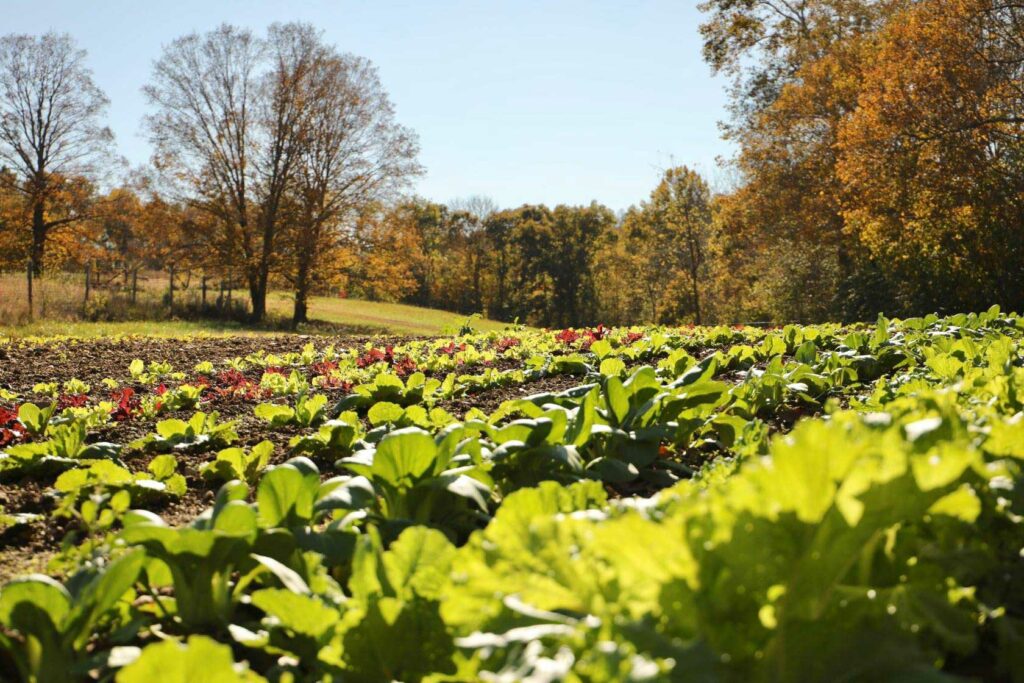
Agroecology is simply a continuation of these millennia of knowledge accumulation. Any one definition of agroecology as a practice would be incomplete. It reaches beyond a limited set of techniques or ideas, instead embracing the efficacy of agricultural techniques produced on a regionally, culturally, and ecologically specific level.
Key Findings From National Young Farmers Coalition’s 2022 Farmer Survey
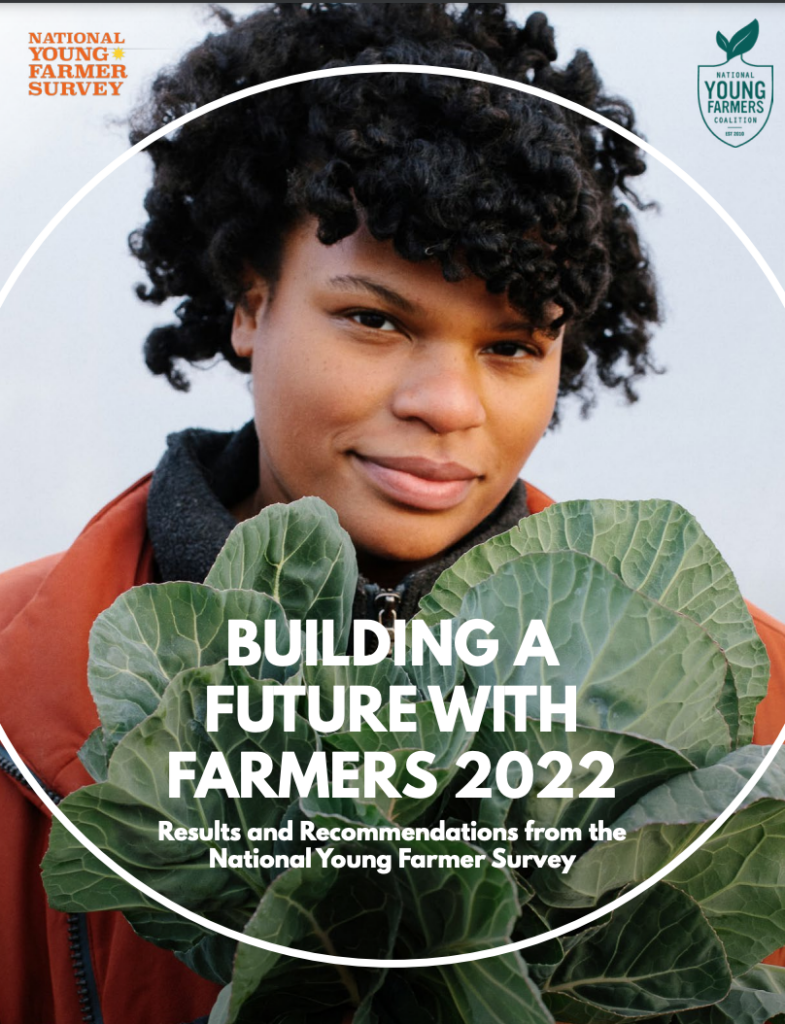
According to the survey, 59 percent of farmers surveyed reported that finding affordable land was “very or extremely challenging.” An even higher percentage of BIPOC farmers—68 percent of Indigenous respondents and 66 percent of Black respondents—gave the same response.